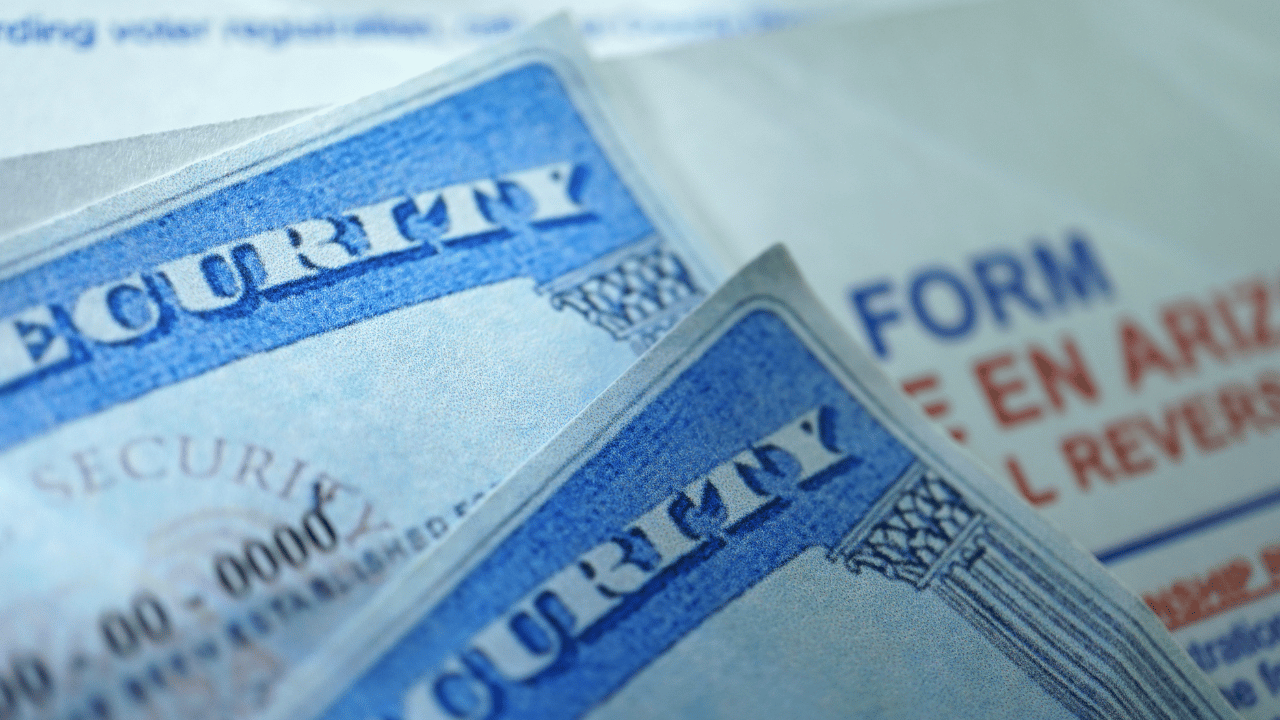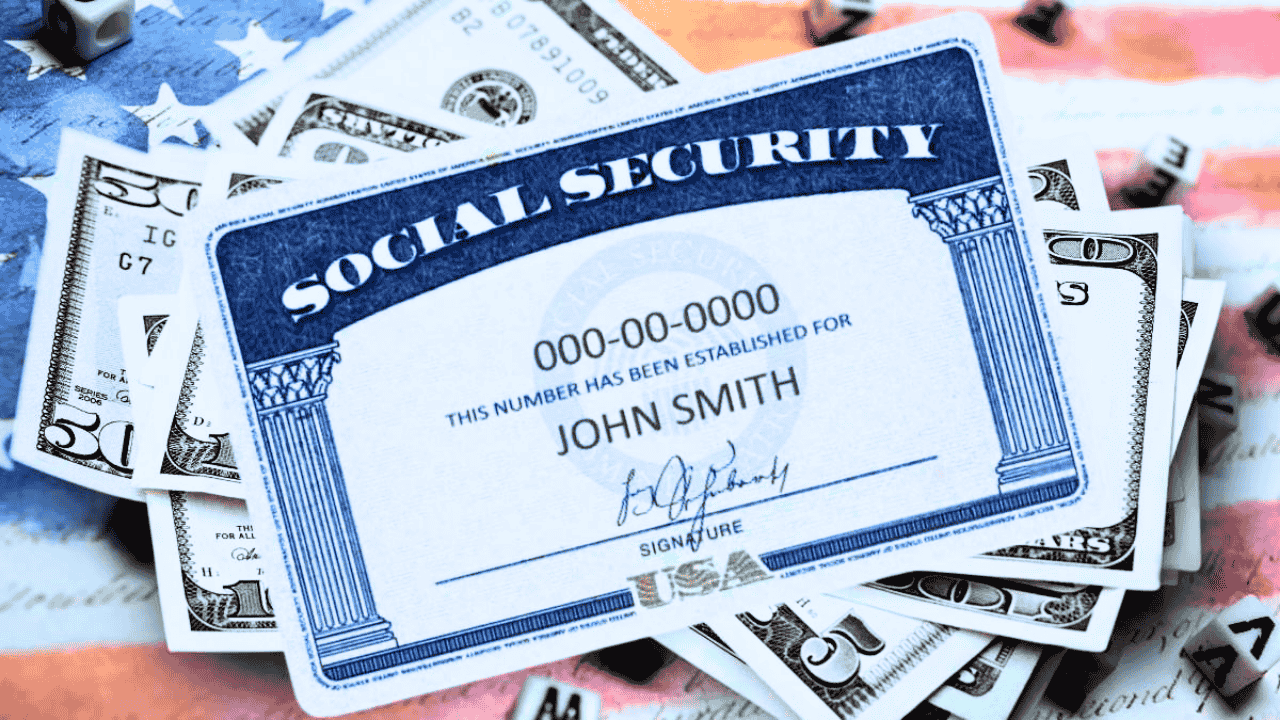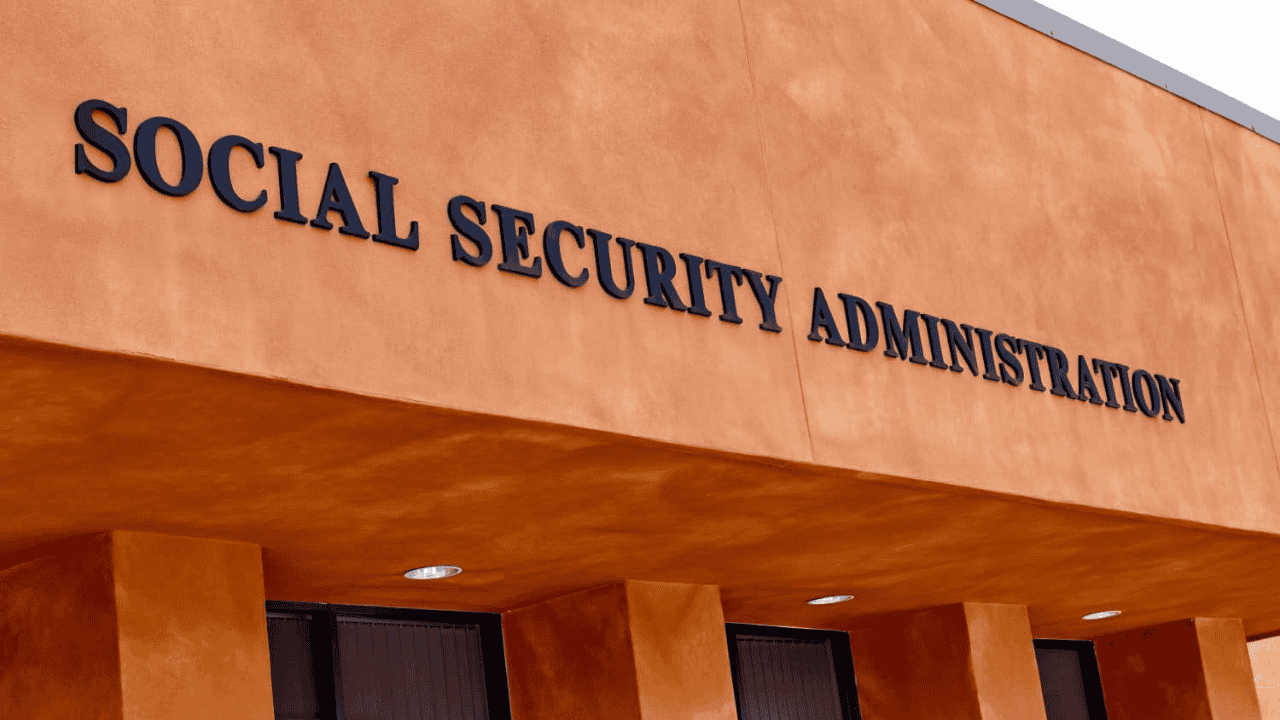Donald Trump’s latest 401(k) proposal aims to bring private equity, real estate, and even digital assets like crypto into mainstream retirement savings plans. Backed by strong public support but cautioned by experts, this policy shift could redefine retirement investing — but it comes with steep learning curves and potential pitfalls. Whether this turns out to be a game-changer or a gamble will depend on how it’s rolled out, regulated, and understood.
Trump’s New 401(k) Proposal Could Let You Invest Like the Rich

Former President Donald Trump is reportedly working on a bold new retirement plan that could reshape how millions of Americans save for the future. The proposal? Allow 401(k) accounts to invest in private markets — including real estate, hedge funds, private equity, and even cryptocurrencies.
According to sources close to the discussions, the Trump team is expected to push this change through an executive order. If approved, it could bring significant changes to the retirement landscape — both in terms of opportunities and risks.
What’s Changing in 401(k) Investments?
Currently, most 401(k) plans are limited to traditional assets like mutual funds, ETFs, and bonds. Trump’s proposal would direct the Department of Labor (DOL) and the Securities and Exchange Commission (SEC) to provide new regulatory guidance that officially allows non-public investments in retirement accounts governed by ERISA rules.
These expanded options may include:
- Private equity and venture capital
- Hedge funds
- Real estate assets
- Gold and other commodities
- Cryptocurrencies like Bitcoin
This isn’t the first time Trump has explored this route. Back in 2020, his administration issued a letter stating that private equity could be included in retirement plans without breaching fiduciary rules. But this new plan appears to go much further.
What Do Americans Think?
Surprisingly, there’s strong public support for more investment freedom. A 2024 Empower Retirement survey of 2,000+ participants revealed:
| Survey Result | % of Respondents |
|---|---|
| Support private investments in 401(k) plans | 74% |
| Believe these options could help build wealth like the wealthy | 74% |
| Agree diversification may improve retirement outcomes | 72% |
Clearly, many Americans are eager to move beyond the traditional mix of mutual funds and explore options that, until now, were mostly reserved for the ultra-rich.
But Experts Say: Proceed with Caution
While the idea sounds exciting, financial experts warn of serious risks — especially for everyday investors who may not fully understand what they’re buying into.
Private assets like hedge funds and real estate can:
- Charge high fees
- Have low liquidity (hard to sell quickly)
- Be complex and opaque in structure
- Carry valuation uncertainties
“Private equity funds don’t consistently beat the market once fees are included,” warns Jeffrey Hooke, finance professor at Johns Hopkins University.
Likewise, Gopi Shah Goda, a senior fellow at the Brookings Institution, highlighted that many of these investments might not align with the financial literacy or risk tolerance of the average retirement saver.
What About Employers?
Even if the rules change, your employer has to adopt them — and that’s where things get tricky. Employers (or plan sponsors) are legally responsible for selecting investment options, and private markets bring added risk and complexity.
| Employer Responsibility | Why It’s Challenging |
|---|---|
| Vetting private funds | Time-consuming and legally risky |
| Educating employees | Needs new systems and tools |
| Ensuring compliance | Crucial under fiduciary laws |
Analysts say that while large employers may start testing the waters, smaller companies may be hesitant until they get clearer legal guidance.
Is It Worth the Risk?
Trump’s proposed 401(k) overhaul could mark one of the biggest changes in retirement planning in decades, offering average Americans a shot at the kind of investments once limited to Wall Street insiders.
But the key question is: Are most people ready for this?
Without strong oversight, education, and transparency, there’s a real risk that many could jump in without understanding what they’re risking.
If implemented wisely, the plan could help democratize wealth-building opportunities. If rushed or mismanaged, it could create a retirement disaster for uninformed investors









